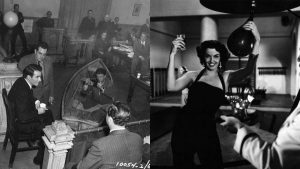Famous historical astrologers
Astrology has always sparked a curious blend of fascination and skepticism throughout history. From its ancient beginnings to modern interpretations, astrology weaves a tapestry of celestial influence on human affairs. While some see it as mere superstition, others find profound meaning in the alignment of stars and planets. Regardless of belief, the history of astrology is rich with intriguing personalities and groundbreaking ideas that have influenced cultures across the globe.
Mesopotamian Beginnings: The Dawn of Astrology
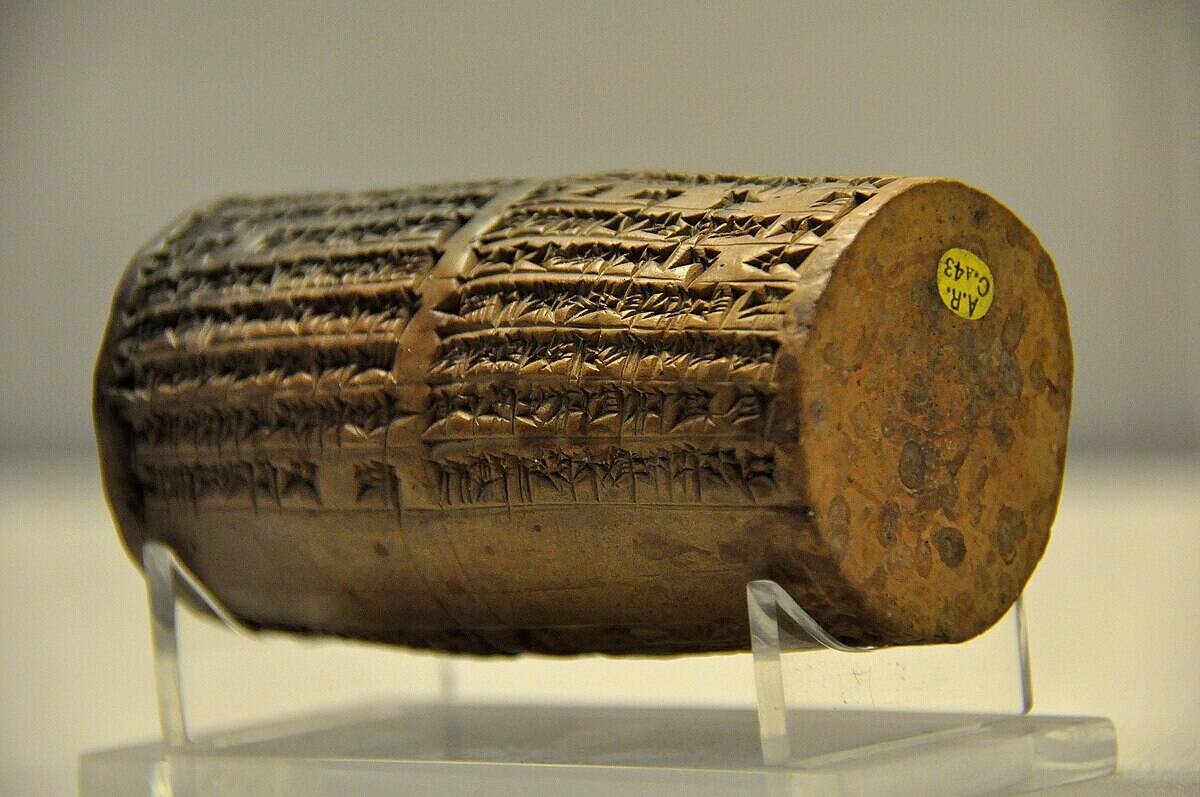
The earliest known records of astrology hail from Mesopotamia, around the 18th century BCE. The Babylonians meticulously observed the sky, noting planetary movements as omens that guided rulers in decision-making. This celestial practice laid the groundwork for astrology as we know it. Their belief that celestial events influenced earthly affairs became a cornerstone of astrological thought.
Ptolemy: The Ancient Greek Astronomer-Astrologer
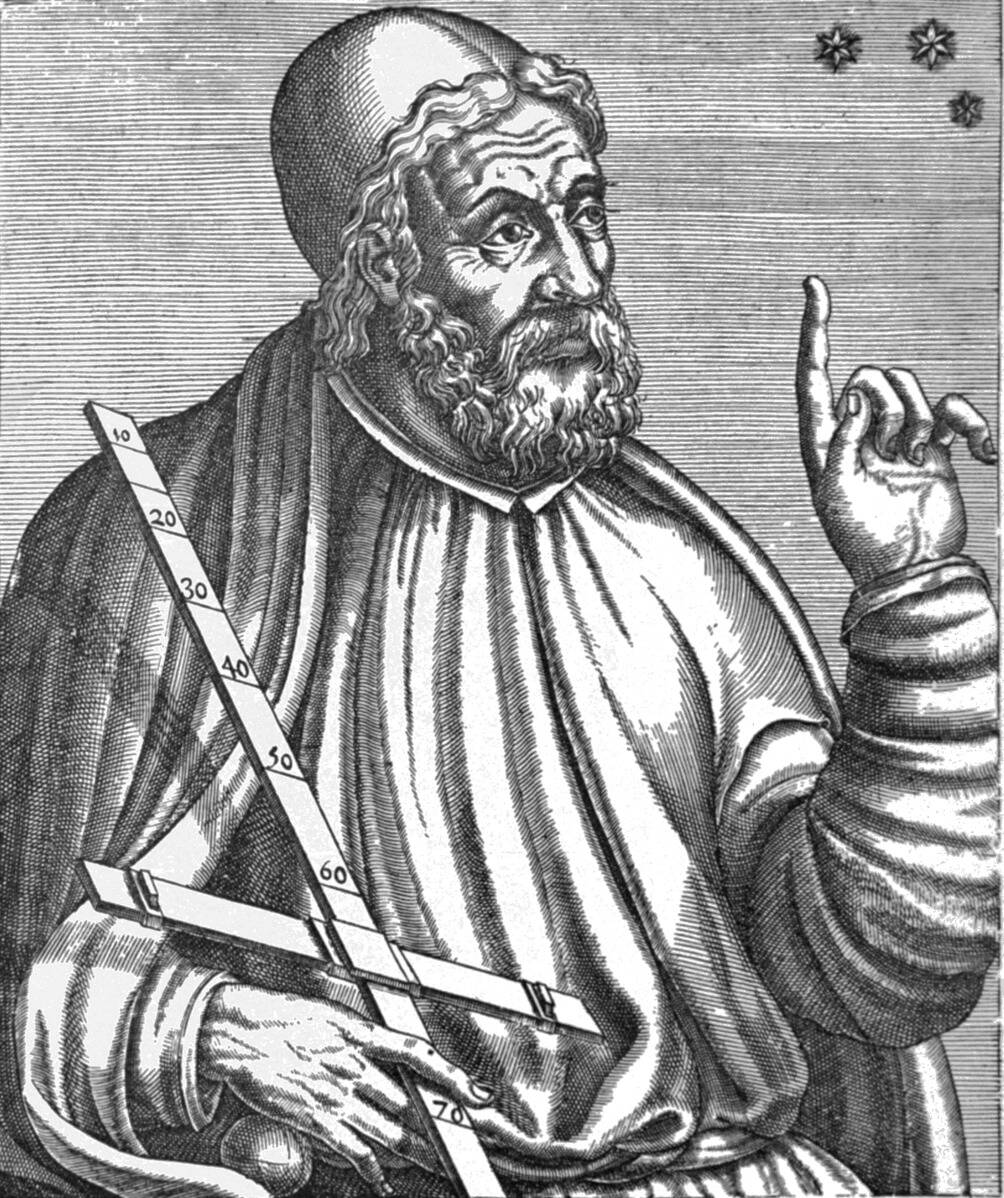
Claudius Ptolemy, a Greek scholar of the 2nd century CE, was pivotal in shaping astrology. His work, the Tetrabiblos, synthesized Babylonian and Egyptian astrological knowledge with Greek philosophy. Ptolemy’s geocentric model of the universe was widely accepted, influencing both astronomy and astrology for centuries. He systematized the interpretation of horoscopes, lending astrology a scientific veneer that endeared it to intellectual circles of his time.
Vettius Valens: The Life of a Roman Astrological Pioneer

Vettius Valens, a Roman astrologer of the 2nd century CE, authored the Anthology, a comprehensive work on astrology. Unlike Ptolemy, Valens emphasized practical astrology, focusing on the interpretation of personal horoscopes rather than theoretical constructs. His detailed case studies provide a valuable glimpse into ancient astrological practices, revealing the personalized approach that catered to individual destinies. Valens’ work remains a crucial source for understanding ancient astrological techniques.
Abu Ma’shar: The Persian Sage Who Bridged Cultures
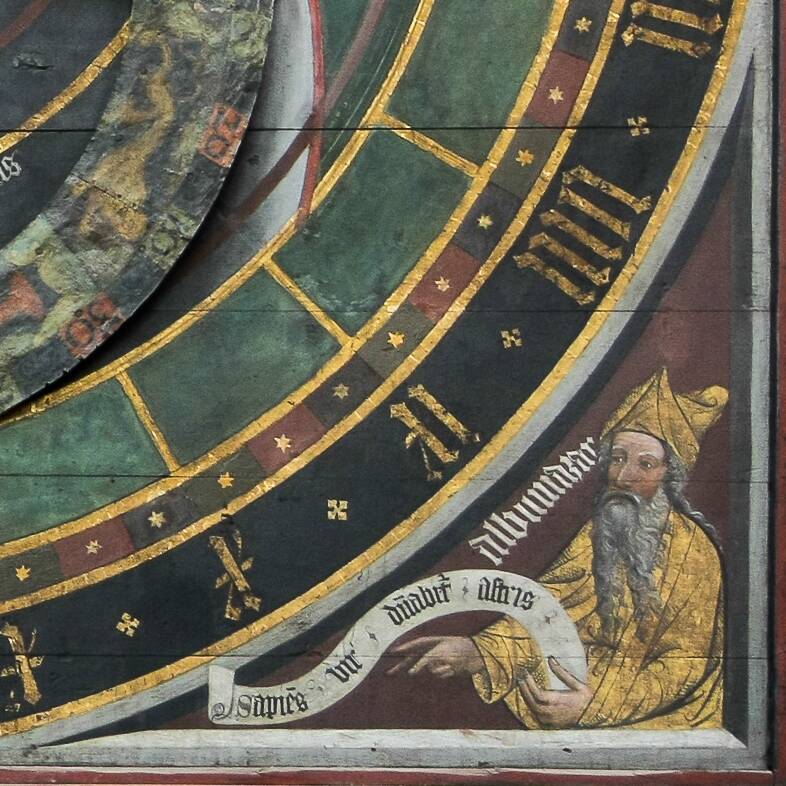
Abu Ma’shar, a 9th-century Persian astrologer, played a significant role in transmitting Greek astrological knowledge to the Islamic world. His Book of Thousands was influential in merging Hellenistic and Islamic astrological traditions. Abu Ma’shar’s works were later translated into Latin, impacting medieval European astrology. By integrating diverse cultural insights, he enriched the astrological canon, making it a truly cross-cultural phenomenon.
Al-Biruni: A Polymath of the Islamic Golden Age
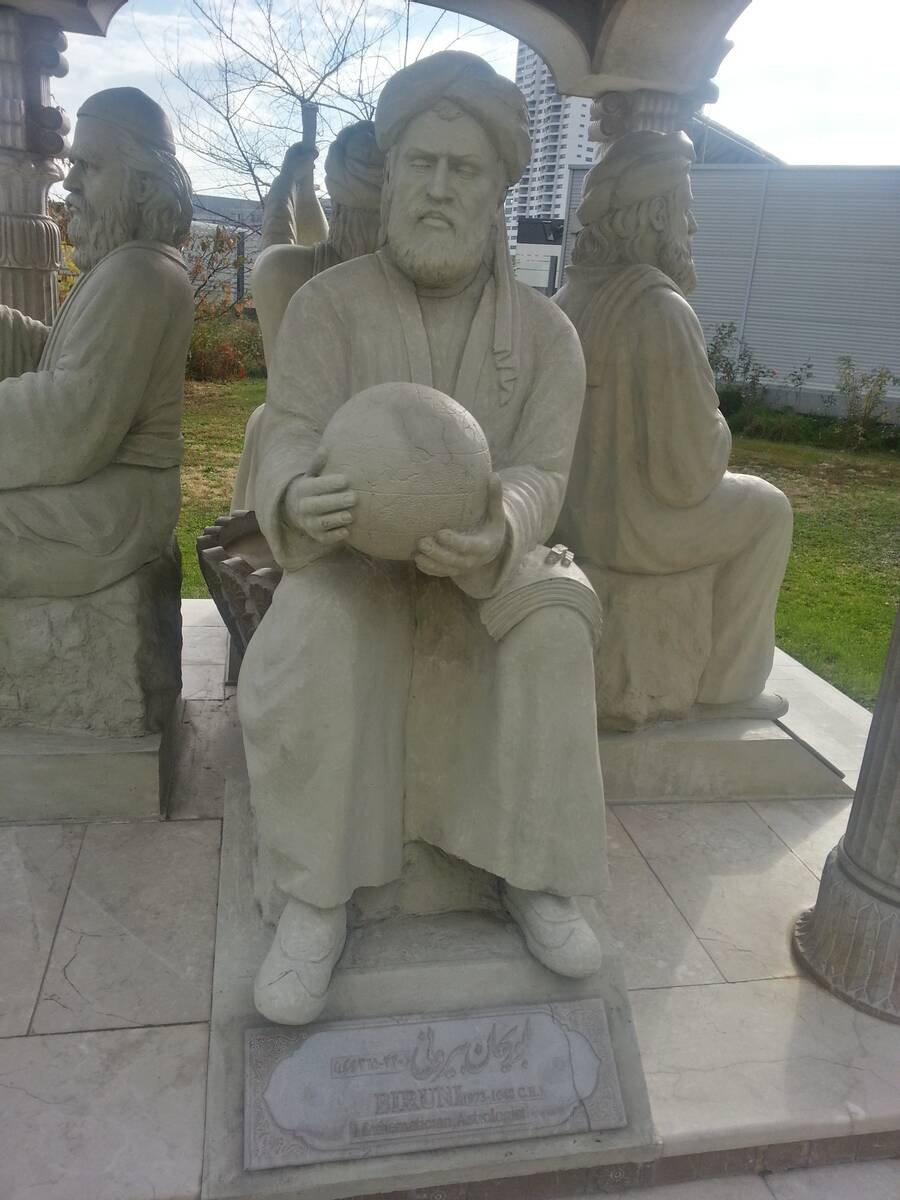
Al-Biruni, an 11th-century scholar, was a Renaissance man long before the Renaissance. His Kitab al-Tafhim is a testament to his extensive knowledge of astrology and astronomy. Al-Biruni’s approach was methodical, emphasizing empirical observation over superstition. He advocated for astrology as a science rooted in mathematics and astronomy, reflecting a sophisticated understanding of the celestial mechanics that govern astrological phenomena.
Johannes Kepler: The Scientist Who Saw Stars
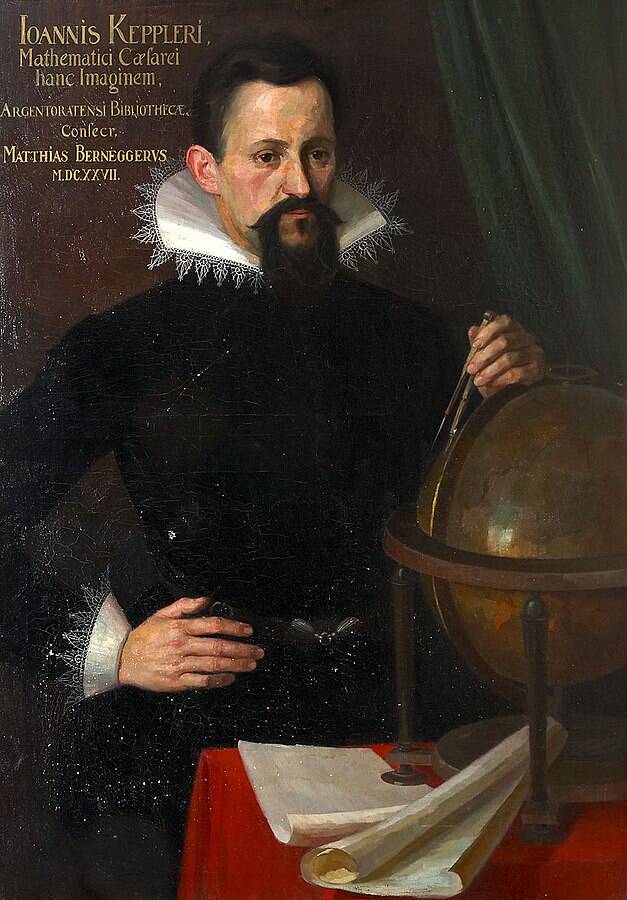
Johannes Kepler, known for his laws of planetary motion, also dabbled in astrology. Although he approached it with scientific rigor, Kepler believed in astrology’s potential to reveal cosmic harmony. He saw astrological aspects as reflections of the mathematical relationships governing the universe. While astrology was not central to his work, Kepler’s belief in the interconnectedness of celestial phenomena and human life remains an intriguing facet of his legacy.
Nostradamus: The Prophetic Poet of the Renaissance
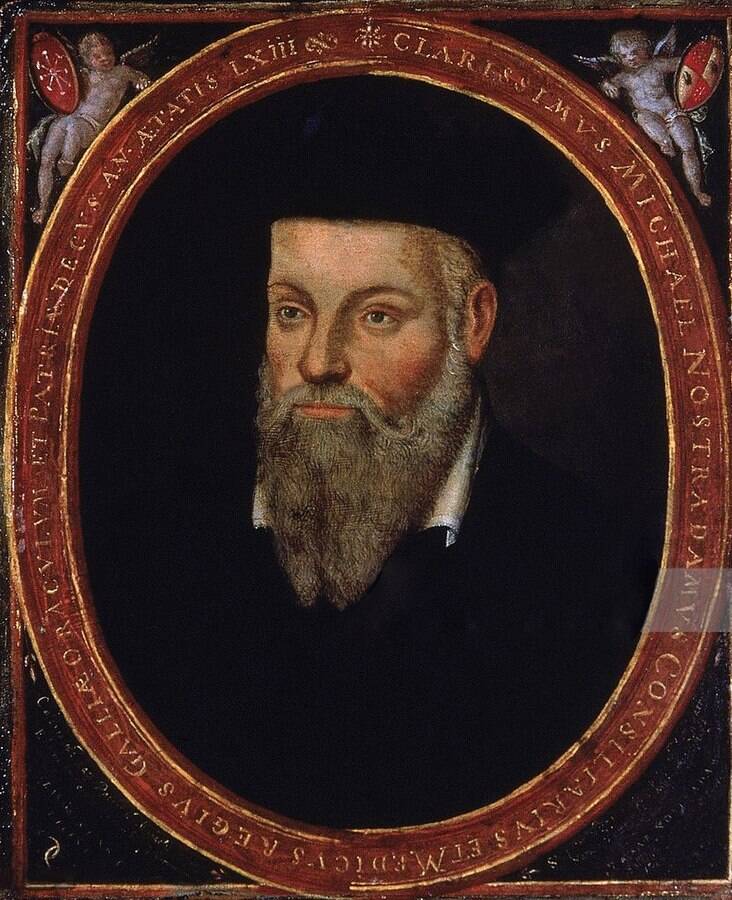
Michel de Nostredame, or Nostradamus, is renowned for his prophetic quatrains published in the 16th century. While his predictions are often viewed with skepticism, his work reflects the Renaissance fascination with astrology and mysticism. Nostradamus combined his medical knowledge with astrology to create predictions that were both poetic and enigmatic. His legacy endures, with his name synonymous with prophecy, capturing the imagination of those seeking to glimpse the future.
William Lilly: England’s Astrological Forecaster
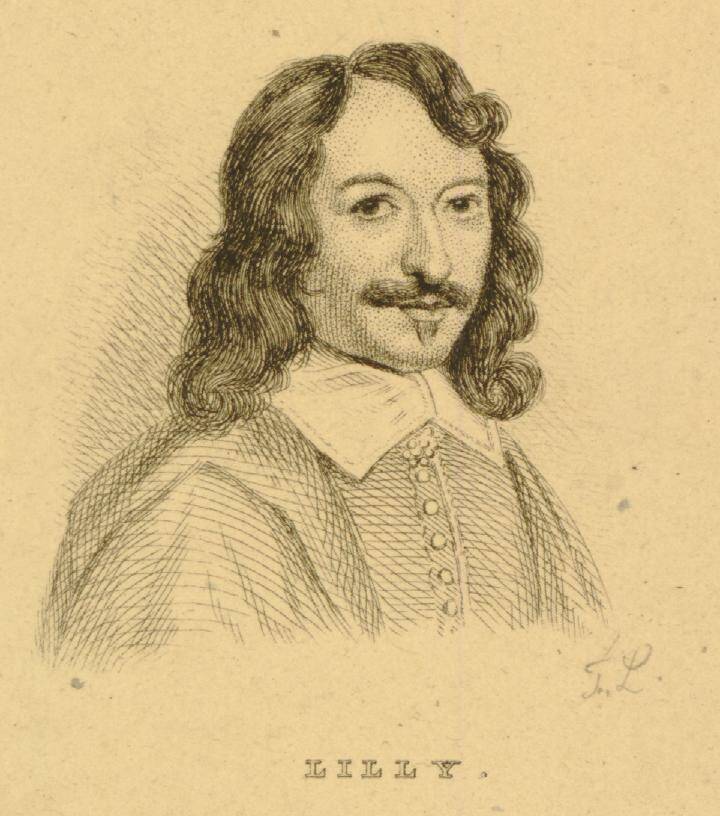
William Lilly, a 17th-century English astrologer, gained fame for his publication “Christian Astrology.” During the English Civil War, his predictions were sought after by both sides, highlighting astrology’s influence in politics. Lilly’s work was characterized by its practical application and clear guidelines for casting horoscopes. He was a celebrity of his time, showing how astrology could sway public opinion and decision-making in tumultuous times.
Evangeline Adams: America’s Astrological Trailblazer
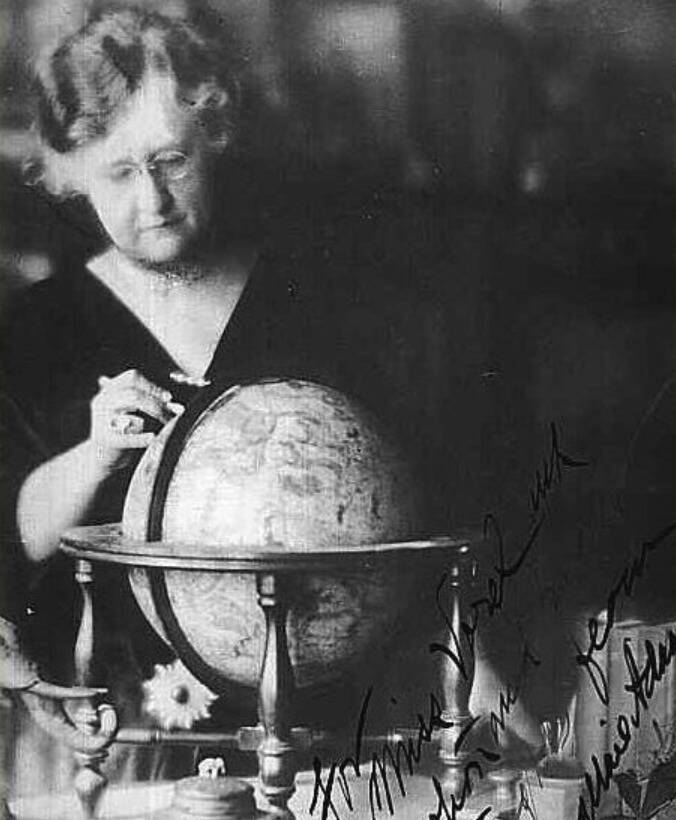
Evangeline Adams, an early 20th-century American astrologer, brought astrology into the mainstream. Her high-profile client list included J.P. Morgan and other notable figures, lending astrology an air of legitimacy. Adams famously defended astrology in a court case, arguing its scientific basis, and won. Her success in popularizing astrology in America paved the way for future astrologers, establishing it as a fixture in American popular culture.
Alan Leo: The Father of Modern Astrology
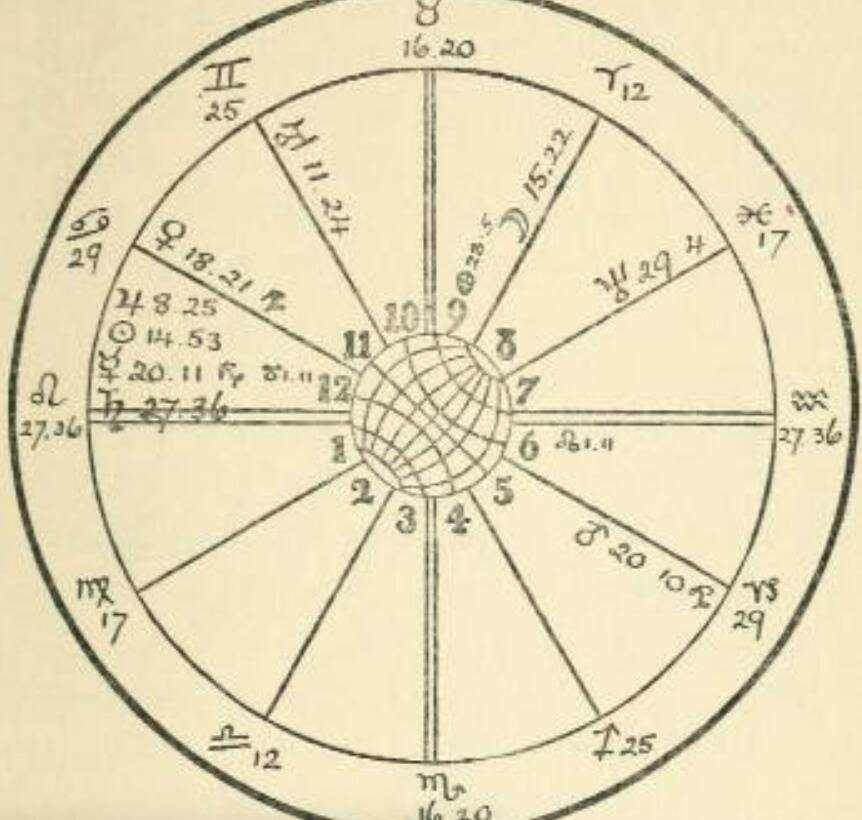
Alan Leo, born William Frederick Allan, was a pivotal figure in the development of modern astrology. In the late 19th and early 20th centuries, Leo shifted the focus from prediction to personal growth, aligning astrology with the emerging New Age movement. His work popularized the concept of sun signs, making astrology more accessible to the masses. Leo’s efforts helped transform astrology into a tool for self-discovery and personal development.
Carl Jung: The Psychological Astrologer
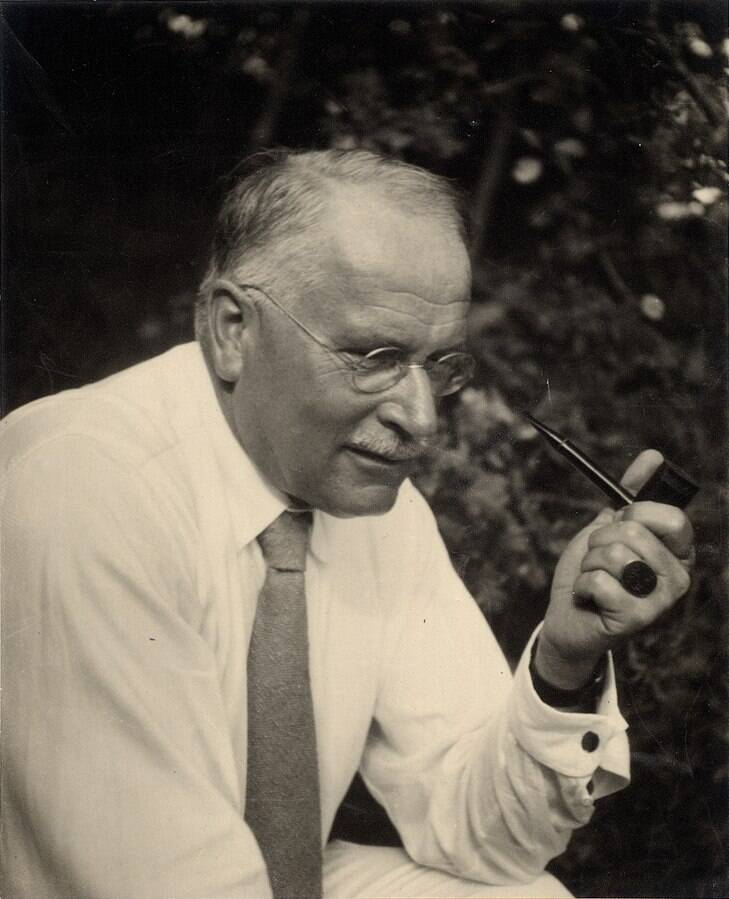
Carl Jung, the Swiss psychiatrist, saw astrology as a valuable tool in understanding the human psyche. He believed that astrological symbols could reflect archetypal patterns in the unconscious mind. Jung’s integration of astrology with psychology offered a new dimension to both fields. His exploration of synchronicity and the collective unconscious provided a framework for viewing astrology as a means of exploring the deeper connections between the individual and the cosmos.
Linda Goodman: Bringing Astrology to the Masses
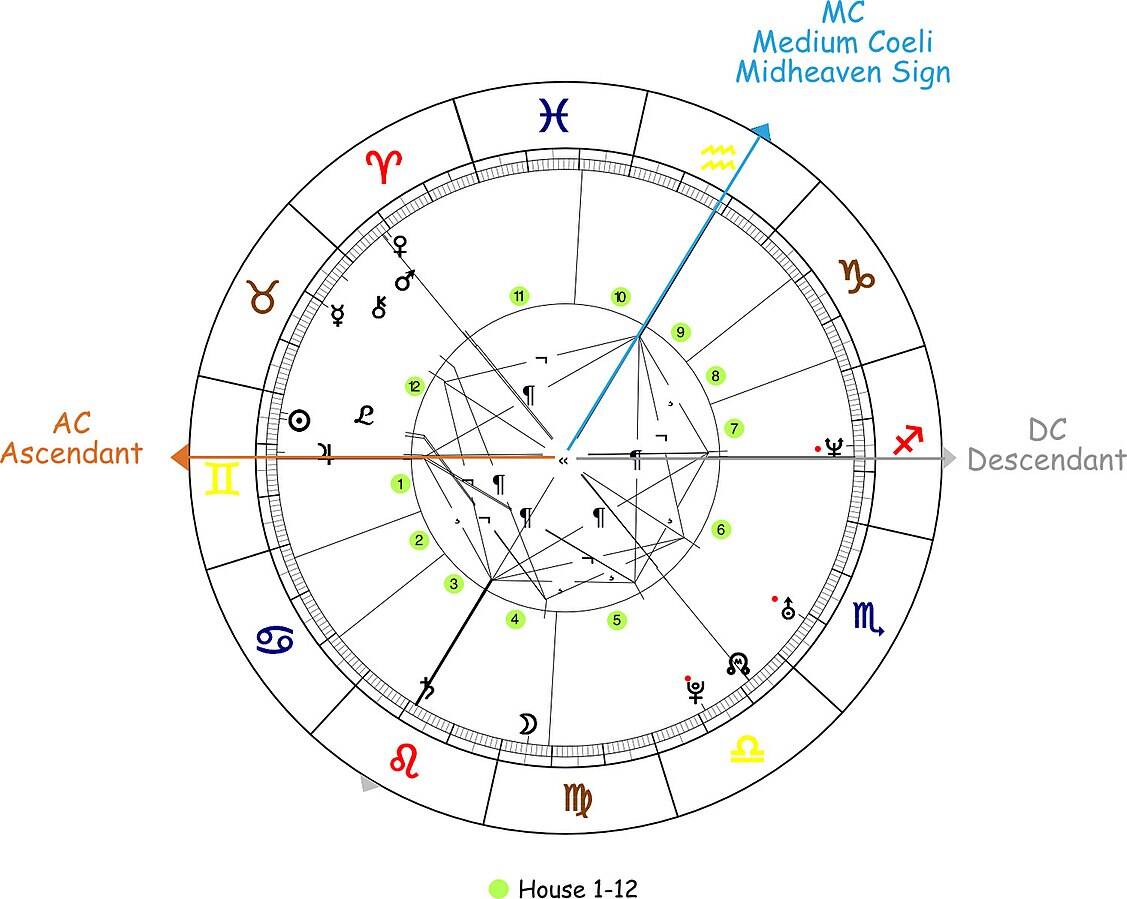
Linda Goodman, the author of “Sun Signs,” played a crucial role in popularizing astrology in the late 20th century. Her book became a bestseller, introducing countless readers to the basics of astrology. Goodman’s accessible writing style and focus on sun signs made astrology approachable for the general public. Her work helped demystify astrology, transforming it from a niche interest into a widespread cultural phenomenon.
The Influence of Historical Astrologers Today
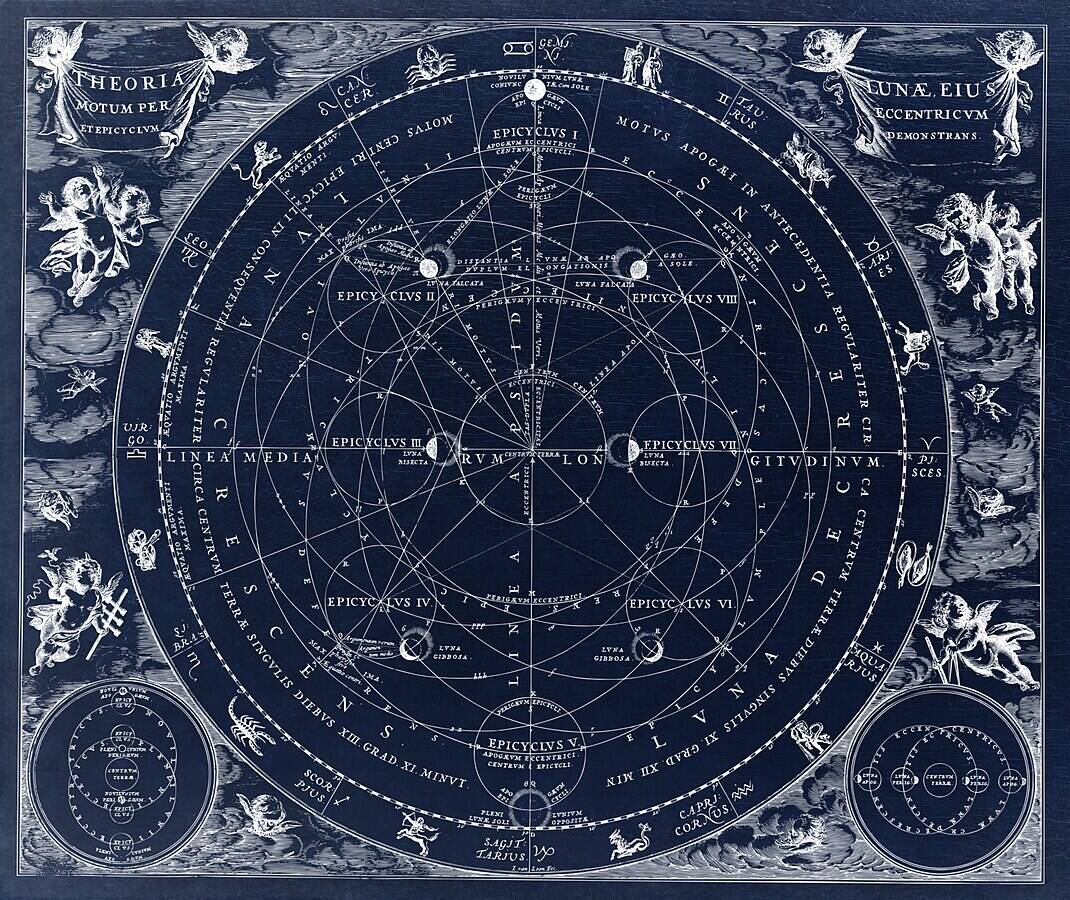
The legacy of historical astrologers continues to impact modern astrology. Their contributions have shaped not only the practice but also the perception of astrology in contemporary society. From Ptolemy’s foundational texts to Linda Goodman’s bestsellers, each astrologer has left a unique mark. Today, astrology thrives as a diverse field, blending ancient wisdom with modern insights, reflecting the enduring human fascination with the stars and our place in the cosmos.



